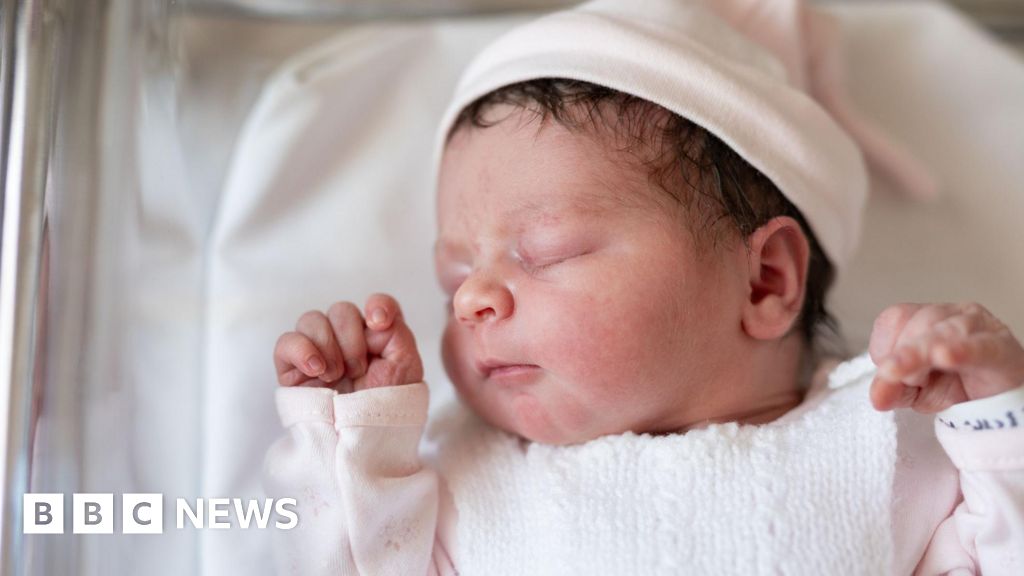Every newborn baby in England will have their DNA mapped to assess their risk of hundreds of diseases, under NHS plans for the next 10 years. The scheme,first reported by the Daily Telegraph,is part of a government drive towards predicting and preventing illness, which will also see £650m invested in DNA research for all patients by 2030. Health Secretary Wes Streeting said gene technology would enable the health service to "leapfrog disease, so we're in front of it rather than reacting to it". It comes after a studyanalysing the genetic code of up to 100,000 babieswas announced in October. The government's 10-year plan for the NHS, which is set to be revealed over the next few weeks is aimed at easing pressure on services. The Department for Health and Social Care said that genomics - the study of genes - and AI would be used to "revolutionise prevention" and provide faster diagnoses and an "early warning signal for disease". Screening newborn babies for rare diseases will involve sequencing their complete DNA using blood samples from their umbilical cord. There are approximately 7,000 single gene disorders. The NHS study which began in October only looked for gene disorders that develop in early childhood and for which there are effective treatments. Currently, newborn babies are only given a heelprick blood test that checks for nine serious conditions, including cystic fibrosis. The health secretary said in a statement: "With the power of this new technology, patients will be able to receive personalised healthcare to prevent ill-health before symptoms begin, reducing the pressure on NHS services and helping people live longer, healthier lives."
NHS plans to DNA test all babies to assess disease risk
TruthLens AI Suggested Headline:
"NHS to Implement DNA Testing for Newborns to Identify Disease Risks"
TruthLens AI Summary
The National Health Service (NHS) in England is set to implement a groundbreaking initiative that will involve mapping the DNA of every newborn baby over the next decade. This ambitious plan, recently reported by the Daily Telegraph, is part of a broader government strategy aimed at predicting and preventing illnesses through advanced genomic research. The initiative will be supported by a substantial investment of £650 million directed towards DNA research for patients by the year 2030. Health Secretary Wes Streeting emphasized the transformative potential of gene technology, suggesting that it will allow the NHS to proactively address diseases rather than merely responding to them as they arise. This initiative follows a recent study that analyzed the genetic makeup of up to 100,000 babies, showcasing the government's commitment to enhancing health outcomes through innovative technologies.
The comprehensive plan will leverage genomics and artificial intelligence to revolutionize disease prevention and facilitate quicker diagnoses. Newborn screening will involve sequencing each baby's complete DNA using blood samples collected from their umbilical cords, which is a significant advancement over the current practice that only tests for nine serious conditions, such as cystic fibrosis, using a heel-prick blood test. Approximately 7,000 single gene disorders exist, and the NHS aims to focus on those that manifest in early childhood and for which effective treatments are available. By harnessing the power of this new technology, the NHS aims to provide personalized healthcare that can prevent illnesses before they manifest, ultimately alleviating pressure on health services and promoting longer, healthier lives for the population.
TruthLens AI Analysis
You need to be a member to generate the AI analysis for this article.
Log In to Generate AnalysisNot a member yet? Register for free.
